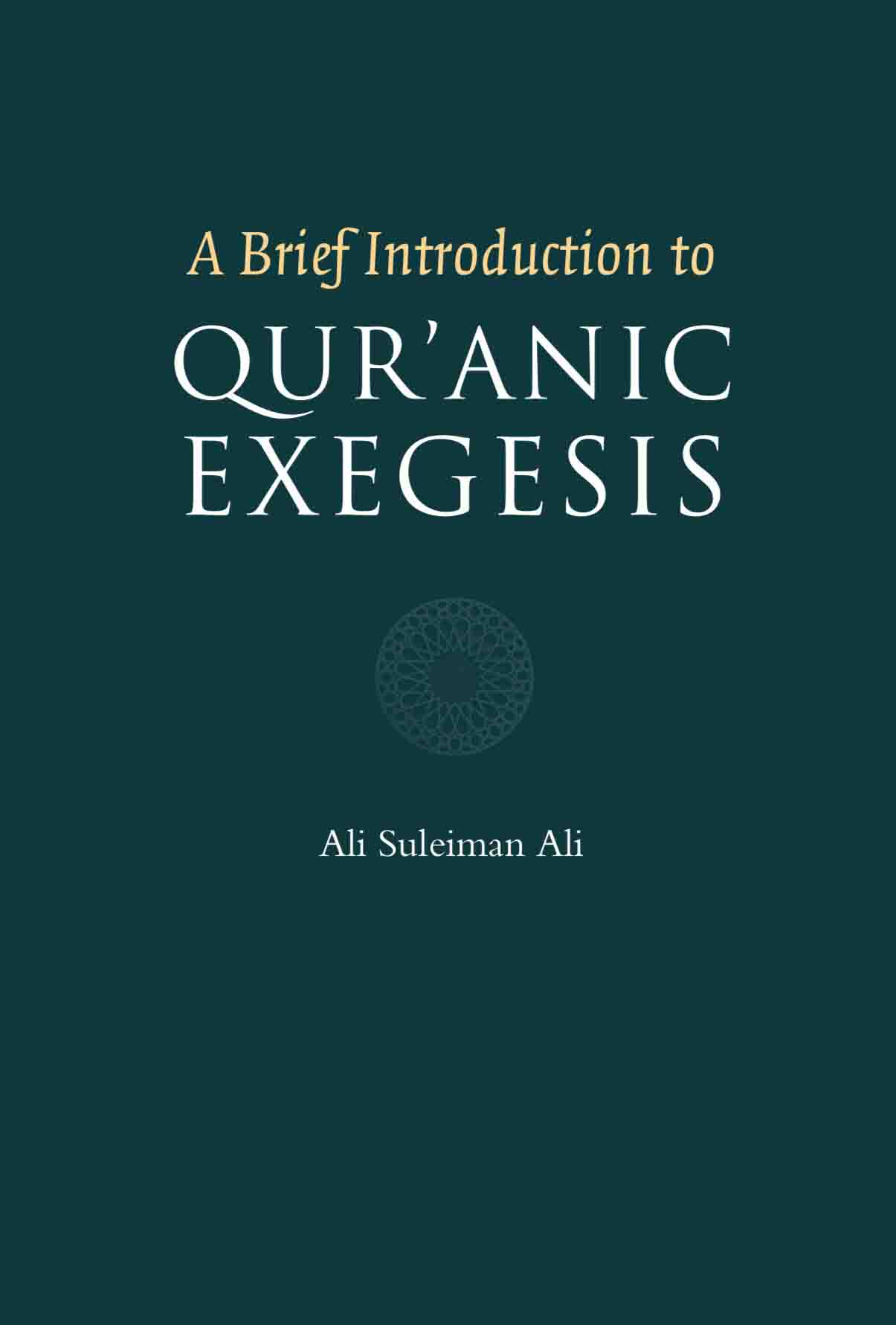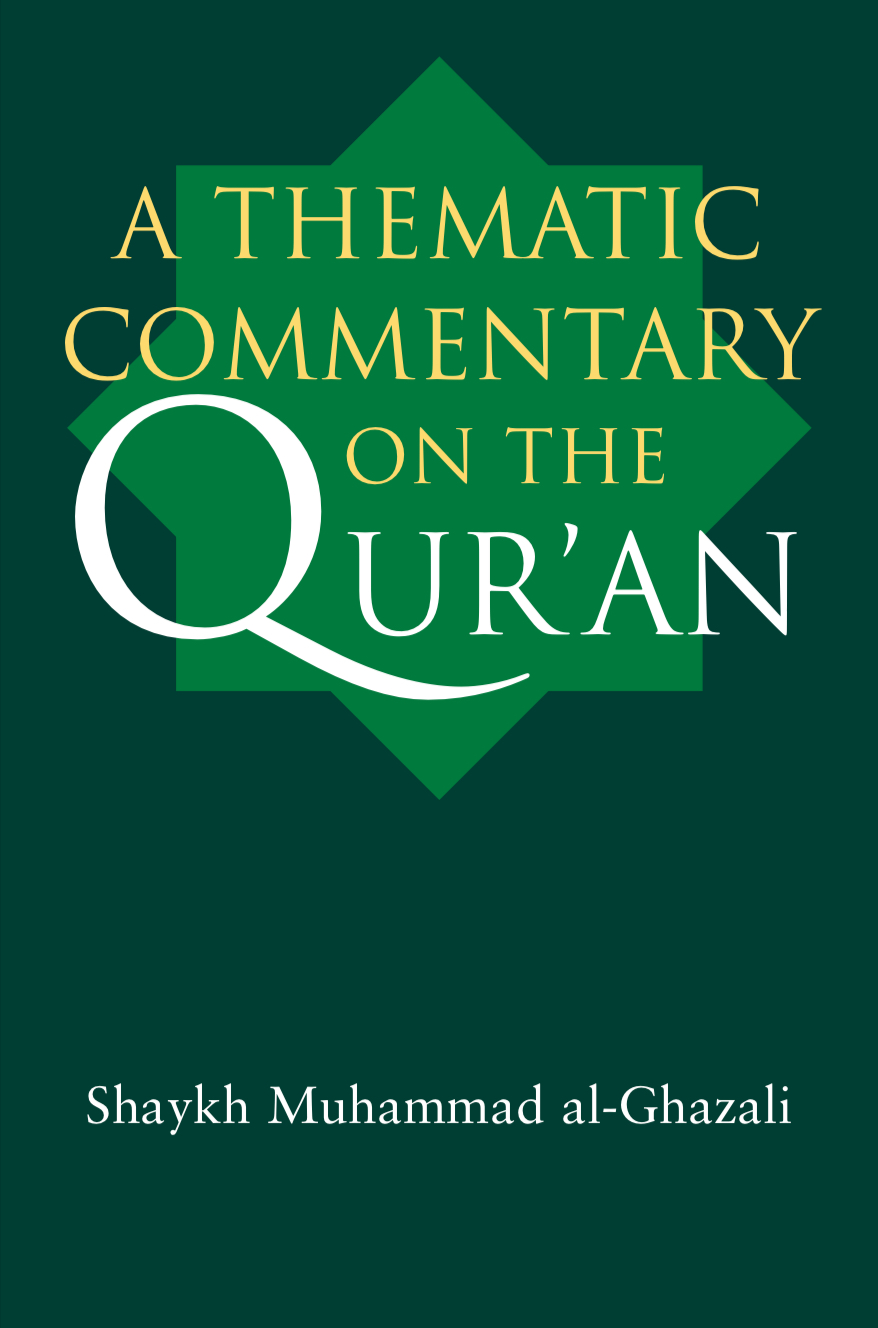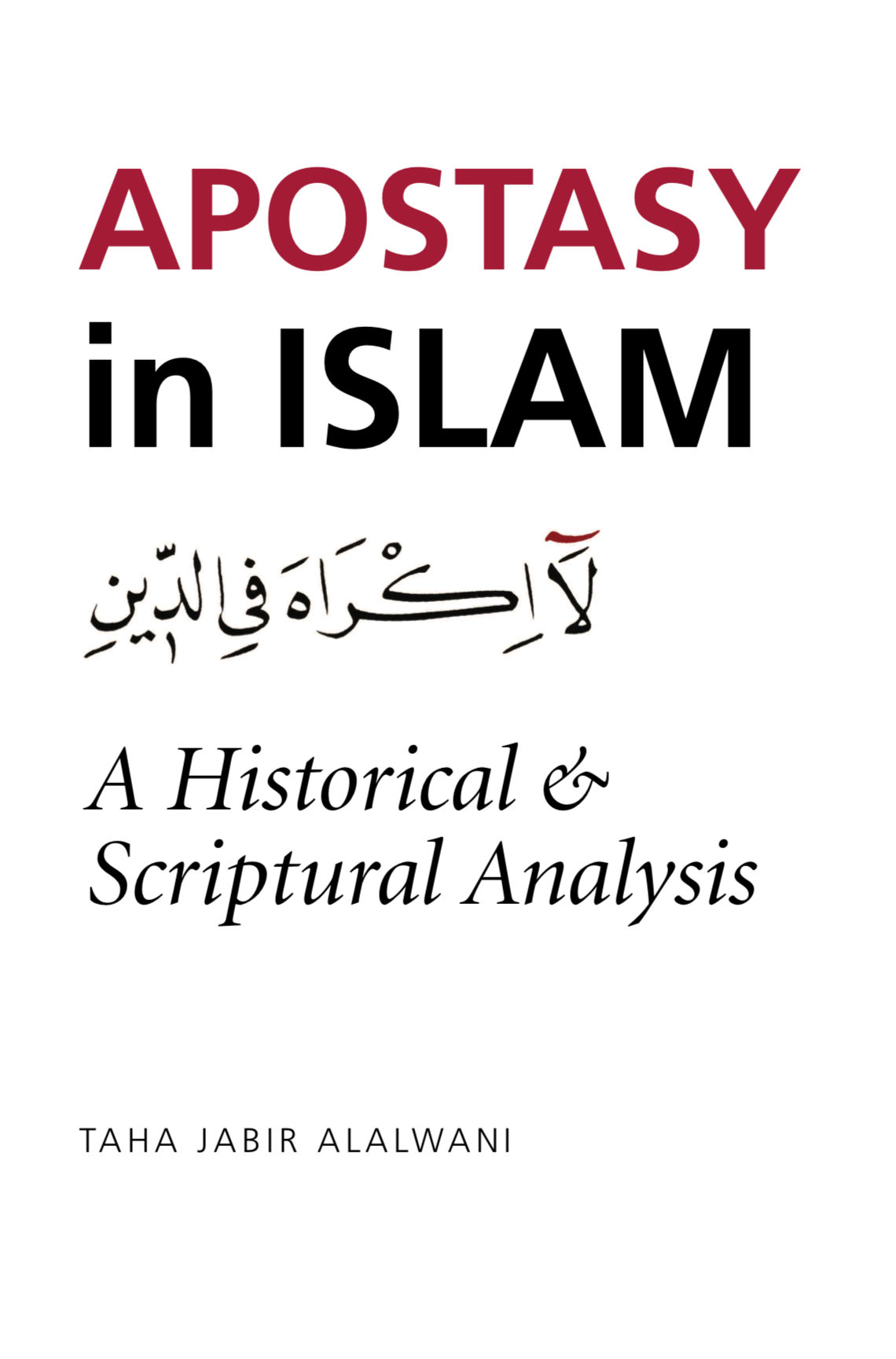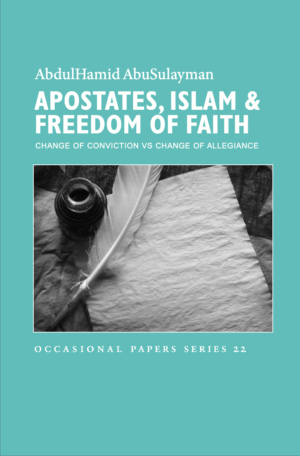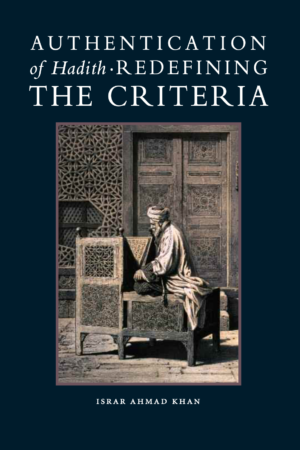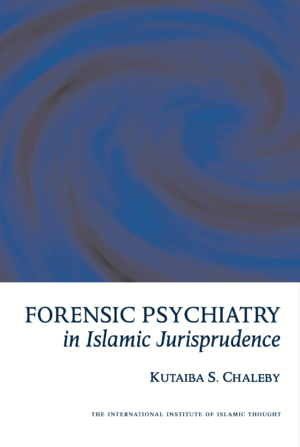-
A Brief Introduction To Quranic Exegesis
Free E-bookOverview
Generating precise comprehension of the Quran and the true meaning of its verses is arguably the essence of the most important of the Islamic sciences, Qur’anic exegesis or tafsir. Since the passing of the Prophet many scholars have worked hard to bring a proper understanding of the meaning of the Qur’an to Muslims, and indeed to the world at large, as fully as possible, in an attempt to widen knowledge of the guidance contained therein, and how to live life in accordance with its principles. The result has been a wealth of historical Muslim literature on the subject which has come to be known as Ulum alTafsir or the sciences of tafsir, a systematic exegesis of the Qur’an following several methodologies. This work traces the evolution of Qur’anic exegesis, from the time of the Prophet, the Companions, the Successors, the early mufassirun (exegetes) with independent tafsir works, to the present day. In doing so, it addresses some major issues including to what extent has tafsir been influenced by differing theological traditions (classical, mystical sufi, persian), political and sectarian interests etc. and how interpretation has differed in some cases, mainly pertaining to juridical, theological, historical, and linguistic issues.
-
A Thematic Commentary on the Qur’an
Free E-bookOverview
Muslims are enjoined, along with the rest of humanity, to “read” the two great Books of Revelation and Creation, i.e. the Qur’an and the natural world. Reading one without the other will result in an imbalance detrimental to the existence (and prosperity) of humankind on earth, indeed to the divine purpose in the cosmos. A Thematic Commentary by the late Shaykh alGhazali is a significant contribution to the first reading, i.e. that of the Qur’an the repository of divine truth and enlightenment. Already of course there is a wealth, an abundance, of exegetical work on the Qur’an. But while early scholars endeavored to elucidate many linguistic, historical, and miraculous aspects of the sacred and challenging text, alGhazali’s contribution is somewhat unique (and modern) in the sense that it focuses on the organic unity of each surah (chapter) highlighting the logic or inherent reasoning that courses through the surah and unifies its various components and images. No exegesis is by itself sufficient for a full understanding of the Qur’an. But this work is an indispensable companion in the quest for a better comprehension of, and a closer affinity with, the sacred text.
-
Anthropomorphic Depictions of God: The Concept of God in Judaic, Christian, and Islamic Traditions
Free E-bookOverview
This monumental study examines issues of anthropomorphism in the three Abrahamic Faiths, as viewed through the texts of the Hebrew Bible, the New Testament and the Qur’an. Throughout history Christianity and Judaism have tried to make sense of God. While juxtaposing the Islamic position against this, the author addresses the JudeoChristian worldview and how each has chosen to framework its encounter with God, to what extent this has been the result of actual scripture and to what extent the product of theological debate, or church decrees of later centuries and absorption of Hellenistic philosophy. Shah also examines Islam’s heavily antianthropomorphic stance and Islamic theological discourse on Tawhid as well as the NinetyNine Names of God and what these have meant in relation to Muslim understanding of God and His attributes. Describing how these became the touchstone of Muslim discourse with Judaism and Christianity he critiques theological statements and perspectives that came to dilute if not counter strict monotheism. As secularism debates whether God is dead, the issue of anthropomorphism has become of immense importance. The quest for God, especially in this day and age, is partly one of intellectual longing. To Shah, anthropomorphic concepts and corporeal depictions of the Divine are perhaps among the leading factors of modern atheism. As such he ultimately draws the conclusion that the postmodern longing for God will not be quenched by premodern anthropomorphic and corporeal concepts of the Divine which have simply brought God down to this cosmos, with a precise historical function and a specified location, reducing the intellectual and spiritual force of what God is and represents, causing the soul to detract from a sense of the sacred and thereby belief in Him.
-
Apostasy in Islam: A Historical and Scriptural Analysis
Free E-bookOverview
What is the legally prescribed penalty, if any, for apostasy (alriddah), and how does this relate to the demand for religious tolerance as stipulated in verse 2:256 of the Qur’an “There shall be no compulsion in matters of faith”? It is an established fact that the Prophet never, in his entire life, put an apostate to death. Yet, the issue remains one of the most controversial to have afflicted the Muslim world down the centuries. It is also the source of much damaging media coverage today as Islamic jurisprudence stands accused of a flagrant disregard for human rights and freedom of expression. The subject of this book is a highly sensitive and important one. The author rightly concentrates on evidence, to examine the historical origins of the debate in rigorous detail, as well as the many moral and contextual issues surrounding it. Disputing arguments put forward by proponents of the death penalty he contends that both the Qur’an and the Sunnah promote freedom of belief including the act of exiting the Faith and do not support capital punishment for the sin of alriddah. Note that attention is on the word sin, for there is qualification: as long as one’s apostasy has not been accompanied by anything else that would be deemed a criminal act, particularly in terms of national security, then according to the author, it remains a matter strictly between God and the individual. Of interest is the fact that the Qur’an significantly refers to individuals repeatedly returning to unbelief after having believed, but does not mention that they should be killed or punished. This work has been written at a time of great complexity and vulnerability when a true understanding of the higher intents and values of the Qur’an and the Sunnah, maqasid alshariah, is sorely needed. The author employs a strong evidence based approach examining in detail the Qur’an and authentic Hadith, taking into consideration traditional approaches to the study of the Islamic textual sciences and other fields of knowledge, as well as analyzing scholastic interpretation. Taking the life of a person without just cause is according to the Qur’an equivalent to the killing of the whole of mankind. It is vital therefore, that in the interests of compassion and justice, as well as freedom of belief, this subject is clearly addressed once and for all.
-
Apostates, Islam & Freedom of Faith
Free E-bookOverview
In this new and important analysis of apostasy (alRiddah), the author examines fundamental teachings of the Qur’an, the Sunnah of the Prophet, as well as historical as opposed to scriptural postulates, to uncover the origins of the debate and refute misconception. Mainstream media and critics of Islam delight in pointing to the death penalty as evidence of Islam’s draconian tenets, moral flaws and flagrant disregard for human rights. This demonstrates a complete misunderstanding of the correct Islamic position, what apostasy signifies in Islam, ignorance of Islamic principles of justice, as well as failure to comprehend the manipulation of religion for political purposes.
-
Approaching the Sunnah: Comprehension and Controversy
Free E-bookOverview
The Sunnah still provides the stable moral framework the grammar that enables Muslims, by formal rules and inward sense, to know right from wrong. However, separation from the mainstream of life puts the Sunnah in danger of becoming rigid an archaism. Addressing that danger, this book explains how the Sunnah can function as the grammar of a living, adaptive language, capable of guiding (and not shying from) the mainstream. The first chapter sets out the qualities that characterize authentic application of the Sunnah: universality, coherence (so that different spheres of human responsibility are not split), compassionate realism, moderation, and humility. The second explains standards and procedures for determining the Sunnah in the fields of jurisprudence and moral instruction. The third chapter illustrates through detailed examples common errors in understanding the Sunnah reading hadiths singly without sufficient context, confusing legal and moral injunctions, means and ends, figurative and literal meanings…and it proposes remedies for these errors.
-
Authentication of Hadith: Redefining the Criteria
Free E-bookOverview
In today’s complex and volatile world the consequences of relying on fraudulent and counterfeit Hadith to legitimize extremist behavior, issue violent fatwas, and justify blatant abuse, particularly of women, is not only far too easy but in fact dangerous. Israr Khan addresses the sensitive topic of Hadith authentication, focusing on the criteria adopted by classical scholars to maintain that concentration on the continuity and accuracy of the chain of narrators, rather than the textual content of Hadith, has led to particular Hadith being included which either contradict other Hadith directly, project the Prophet (SAAS) in an uncharacteristic light, or do not reflect and/or conflict with the teachings of the Qur’an. The study traces in careful detail the historical development of the oral and written traditions, as well as the many targeted attempts at fabrication that took place, critiquing in methodical detail certain Hadith which have come to be widely accepted as “authentic.” The prominent collections we have today, were made possible by the development of the science of Hadith criticism, and Muslim scholars deserve deep appreciation for their painstaking work, as well as their invaluable contribution towards preserving the Hadith literature to the best of their ability. However, insists the author, the process is ongoing, and the closed door policy which currently surrounds Hadith authentication needs to be carefully reexamined.
-
Contemporary Approaches to the Quran and Sunnah
Free E-bookOverview
The Qur’an and Sunnah are the two primary sources of Muslim faith, life, law and morality. The Qur’an is for Muslims the foundation of their faith and the Sunnah is the framework of their morality. Together they constitute the two sources of the law (Shari’ah) of God, a guide to prosperity and happiness in this life and to the bliss of the hereafter. Although the Qur’an and Sunnah are materially and formally two independent sources, they are inextricably bound in a dynamic relationship. The rulings and precepts (ahkam) of the Qur’an constitute the law (shar’) of God. They are supplemented by the precepts of the authentic Sunnah, which possess authority second only to the precepts of the Qur’an. The Qur’an commands Muslims, “Whatever the Messenger gives you, that you must take, and whatever he forbids you, you must desist therefrom….” (59:7).
-
Epistemological Bias in the Physical and Social Sciences
Free E-bookOverview
The question of bias in methodology and terminology is a problem that faces researchers east, west, north and south; however, it faces Third World intellectuals with special keenness. For although they write in a cultural environment that has its own specific conceptual and cultural paradigms, they nevertheless encounter a foreign paradigm which attempts to impose itself upon their society and upon their very imagination and thoughts. When the term “developmental psychology” for instance is used in the West Arab scholars also say “developmental psychology”, when “applied psychology” is mentioned they hurry to use the same term etc. Why not establish a new science with its own mechanisms, methodologies and points of reference to deal with epistemological biases and open up the gate of ijtihad with respect to them? This collection of papers aims to discover some of the biases latent in our terminology, methodologies, research tools, and conceptual principles, and to propose alternative ones marked by a greater degree of independence and neutrality. This is not to belittle the human value of the West’s creative contributions but to emphasize the danger of making it the ultimate point of reference and then trying to continuously play “catch up” with it.
-
Epistemological Integration: Essentials of an Islamic Methodology
Free E-bookOverview
The book is a program which seeks to construct an intellectual framework for Islamic methodology with a view to realizing practical training in the thoughtful investigation of issues related to knowledge in various fields. The book’s title affirms the distinctive types of integration that characterize Islamic methodology, including integration of sources, means, and schools of thought, as well as existing realities with desired ideals etc. This is fully consistent with human nature, as variety is fundamental to the functions people perform and skills they master. The work essentially makes the case that fundamental to any Muslim recovery is laying the foundations of sound thinking and values that integrate the two main sources of knowledge: Revelation and Reality (that is the created worlds both physical, societal and psychological) under the umbrella of Tawhid. This concept of integration implies using both human theoretical conceptualization and practical experimental investigation whilst also affirming the need to apply human capabilities in understanding the divine text, and acquiring sound knowledge of the physical world in terms of its resources, as well as accumulated past and present human experiences. The aim being to vitalize human potential and creativity.
-
Forensic Psychiatry in Islamic Jurisprudence
Free E-bookOverview
This is the first book in Forensic Psychiatry that focuses on the application of psychiatry to legal issues connected with Islamic jurisprudence. Holding a unique position amongst the world s religions in its containment of every aspect of human existence, it is openly natural for Islam to govern both the spiritual and legislative aspects of life. This work will appeal to both the general as well as the academic reader drawing important and wide-ranging conclusions relevant for many individuals and societies in the Islamic world.
-
Ibn Ashur: Treatise on Maqasid al-Shari’ah
Free E-bookOverview
Shaikh Muhammad al-Tahir ibn Ashur is the most renowned Zaytuna Imam and one of the great Islamic scholars of the 20th century. The publication of this translation of Shaikh Ibn Ashur’s Treatise on Maqasid al-Shari’ah is a breakthrough in studies on Islamic law in the English language. In this book, Ibn Ashur proposed Maqasid as a methodology for the renewal of the theory of Islamic law, which has not undergone any serious development since the era of the great imams. Ibn Ashur quite courageously also addressed the sensitive topic of the intents/Maqasid of Prophet Muhammad (SAAS) behind his actions and decisions. He introduced criteria to differentiate between the Prophetic traditions that were meant to be part of Islamic law and the Prophetic actions/ sayings that were meant to be for the sake of specific purposes such as political leadership, court judgment, friendly advice, and conflict resolution. But Ibn Ashur’s most significant contribution in this book has been the development of new Maqasid by coining new, contemporary, terminology that were never formulated in traditional usul alfiqh. For example, Ibn Ashur developed the theory of the ‘preservation of lineage’ into ‘the preservation of the family system’, the ‘protection of true belief’ into ‘freedom of beliefs’, etc. He also introduced the concepts of ‘orderliness’, ‘natural disposition’, ‘freedom’, ‘rights’, ‘civility’, and ‘equality’ as Maqasid in their own right, and upon which the whole Islamic law is based. This development opens great opportunities for Islamic law to address current and real challenges for Muslim societies and Muslim minorities.


